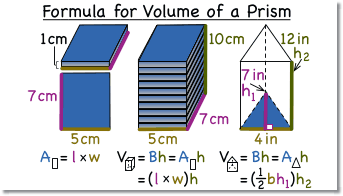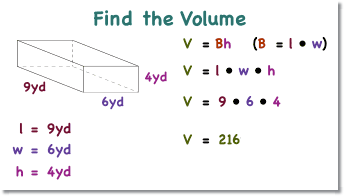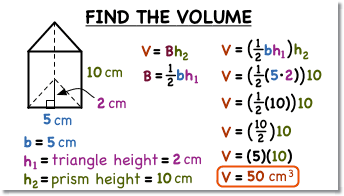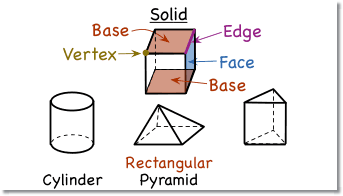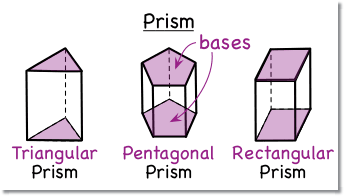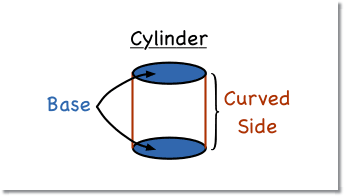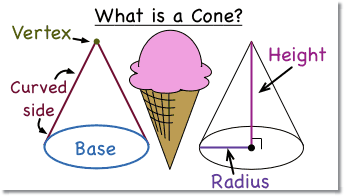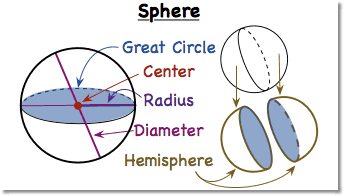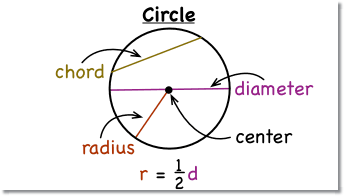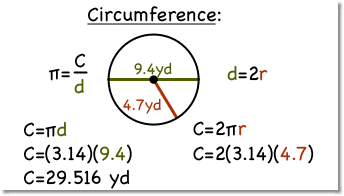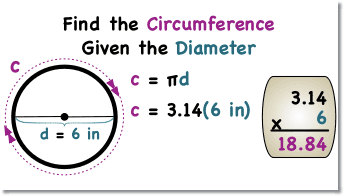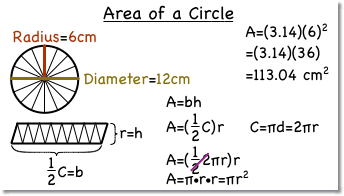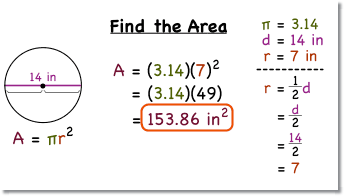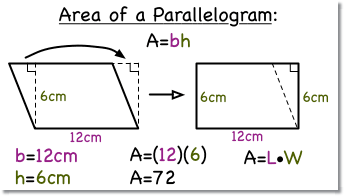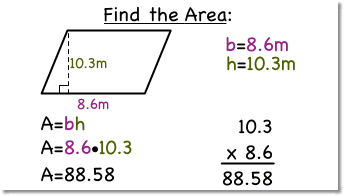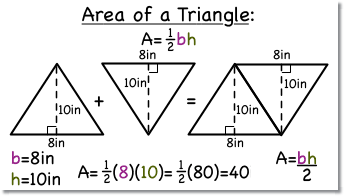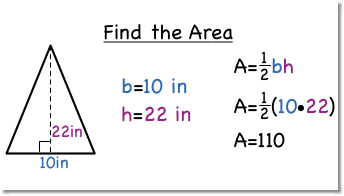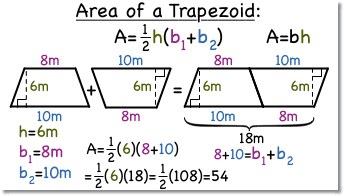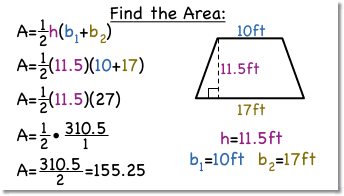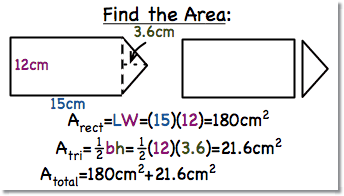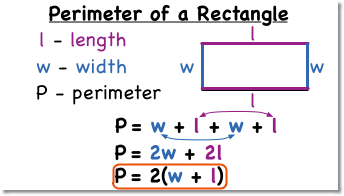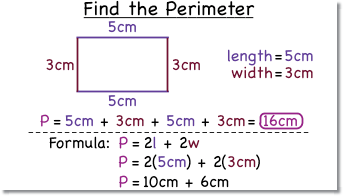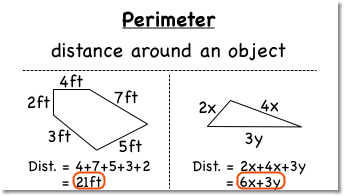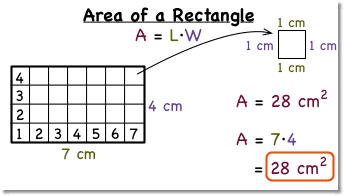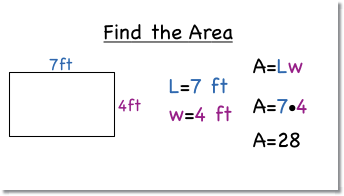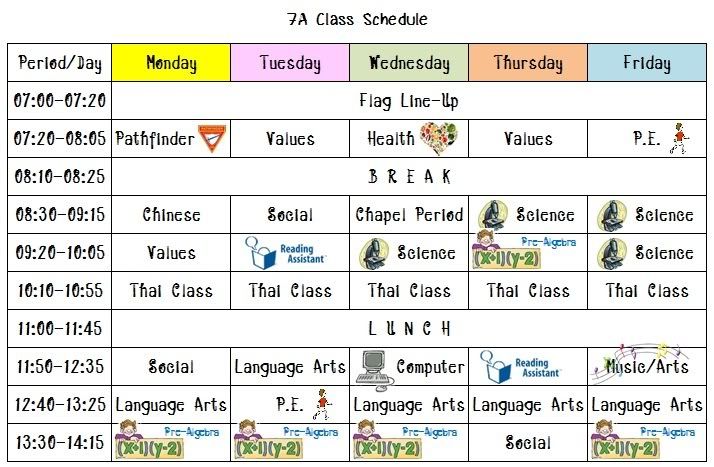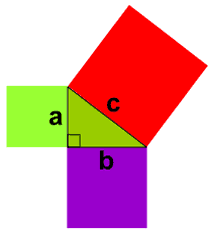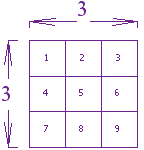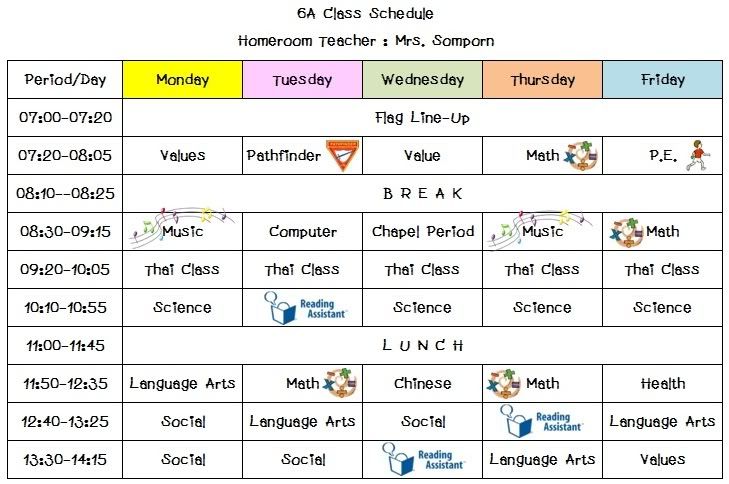G7 - 8.6 Slope Intercept Form
Posted by Patcharin Sinthunavarat on Wednesday, May 22, 2013,
In :
Math
G7 - 8.10 Graphing Linear Inequalities
Posted by Patcharin Sinthunavarat on Wednesday, May 22, 2013,
In :
Math
G7 - 8.9 Solving Systems of Equations
Posted by Patcharin Sinthunavarat on Wednesday, May 22, 2013,
In :
Math
Volume of Prisms and Cylinders
Posted by on Thursday, October 25, 2012,
In :
Math Geometry and Measurement
Circumference and Area of Circles
Posted by on Thursday, October 25, 2012,
In :
Math Geometry and Measurement
Areas of Parallelograms, Triangles, and Trapezoids
Posted by on Thursday, October 25, 2012,
In :
Math Geometry and Measurement
Perimeter and Area of Rectangles
Posted by on Thursday, October 25, 2012,
In :
Math Geometry and Measurement
Surface area and Volume of rectangular prisms
Posted by on Monday, May 28, 2012,
In :
Math Geometry and Measurement
Surface area and Volume of a cylinder
Posted by on Monday, May 28, 2012,
In :
Math Geometry and Measurement
Course Outlines for Grade 6
Posted by Patcharin Sinthunavarat on Monday, September 5, 2011,
In :
Learning Information
Knowing of Body Systems - Science Grade 5
Posted by Patcharin Sinthunavarat on Sunday, January 30, 2011,
In :
Science
Year 5 - Science Key Vocabulary : The Earth, Sun and Moon
Posted by Patcharin Sinthunavarat on Sunday, July 4, 2010,
In :
Science
Year 5 - Science Key Vocabulary : Change of State
Posted by Patcharin Sinthunavarat on Sunday, July 4, 2010,
In :
Science
Year 5 - Science Key Vocabulary : Changing Sounds
Posted by Patcharin Sinthunavarat on Sunday, July 4, 2010,
In :
Science
Science : Rocks and soils
Posted by iampatpatt on Friday, April 16, 2010,
In :
Science
Continue reading ...
Science : Solids and liquids
Posted by iampatpatt on Friday, April 16, 2010,
In :
Science
Continue reading ...
Science : Reversible and irreversible changes
Posted by iampatpatt on Friday, April 16, 2010,
In :
Science
Continue reading ...
Science : Gases, liquids and solids
Posted by iampatpatt on Friday, April 16, 2010,
In :
Science
Continue reading ...
Numeracy Target for Year 5
Posted by iampatpatt on Saturday, March 20, 2010,
In :
Learning Information
British Curriculum Guide
Posted by iampatpatt on Saturday, March 20, 2010,
In :
Learning Information
Levels of Achievement for KS1-KS2
Posted by iampatpatt on Saturday, March 20, 2010,
In :
Learning Information
